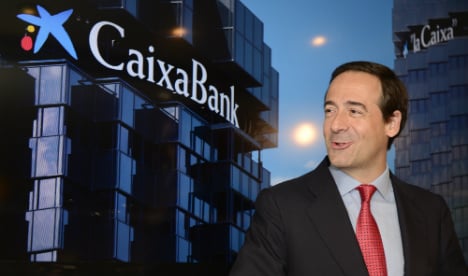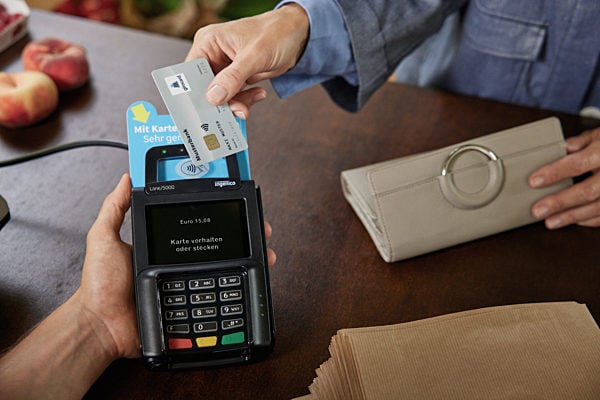Barcelona-based CaixaBank said in a statement it would offer €1.113 in cash per share, an offer which values the Portuguese bank at €1.62 billion ($1.83 billion).
Spain's third-biggest lender said the offer was conditional on obtaining over 50 percent of BPI's share capital and the Portuguese bank lifting a 20 percent cap on shareholders' voting rights.
The bid comes just a day after BPI announced that its talks with Angolan investor Isabel dos Santos over the sale of her stake in the Portuguese bank had broken down.
Dos Santos, the daughter of Angolan President Jose Eduardo dos Santos, owns 18.6 percent of BPI through holding firm Santoro Finance. Angola is an oil- and diamond-rich former Portuguese colony.
CaixaBank was seeking to buy Santoro Finance's stake in BPI in a deal which would see Isabel dos Santos end up with BPI's controlling stake in Banco de Fomento Angola (BFA), Angola's most profitable bank.
Under new rules by the European Central Bank (ECB) exposure to Angolan credit and debt must by fully provisioned and BPI could face daily fines if it fails to cut its exposure to the African country.
CaixaBank, which first invested in BPI in 1995, had tried to buy BPI in February of last year, but it withdrew its offer after Isabel dos Santos refused the lifting of the cap on shareholder voting rights.
The cap has allowed Santoro Finance, BPI's second-largest shareholder, to block CaixaBank's plans even though it is the Portuguese lender's biggest shareholder.
Presidential decree
Portugal's centre-right President Marcelo Rebelo de Sousa on Monday approved a decree which bans limitations on voting rights that exist at eight Portuguese banks.
The decree, which was passed last week by Portugal's Socialist-led cabinet, will come into force on July 1st.
“The conditions have been met on the issue of separating BPI and BFA and for a reduction in the weight of BFA in BPI to be achieved with success very quickly,” Portuguese Prime Minister Antonio Costas said Monday while on a visit to Paris.
The ECB had given BPI until April 10 to reduce its exposure to Angola.
CaixaBank appealed to the ECB in its statement to give BPI more time to meet the new rules on provisions.
The Spanish bank's latest offer for BPI is lower than the offer of 1.329 euros per share which it made in February 2015.
It is also lower than BPI's closing price of 1.191 per share on April 8th when trading in the lender was suspended.
But CaixaBank said its current offer represents the average share price of BPI over the past six months.
CaixaBank shares closed down 2.99 percent at €2.60 on a day which saw the Ibex-35 index of most-traded Spanish shares close up 0.35 percent.



 Please whitelist us to continue reading.
Please whitelist us to continue reading.
Member comments